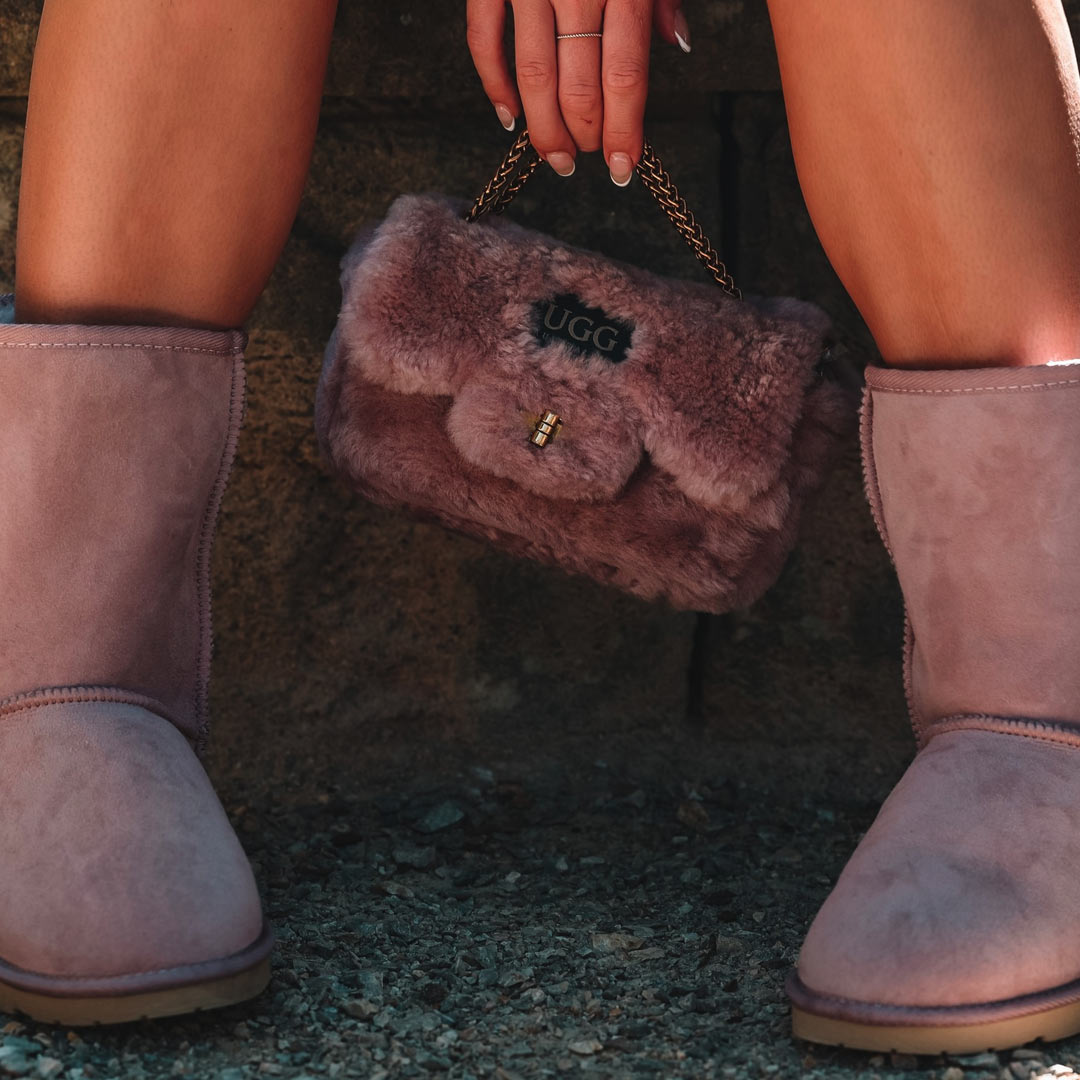The fashion industry has long been judged for its negative environmental impact. From excessive water consumption to the use of harmful chemicals, traditional textile production has taken a toll on our planet. However, as sustainability becomes a growing concern, many consumers and brands are seeking eco-friendly alternatives, and one such option gaining popularity is merino wool.
In this article, we will explore the sustainability of Merino wool and how it compares to other fabrics.
Related: The Most Sought-After Material in the Fashion World
Environmental Sustainability
Understanding the impact of different fabrics is crucial for making informed choices regarding environmental sustainability. In this regard, conducting a comprehensive comparative analysis of Merino wool and other commonly used materials such as cotton, polyester, and synthetic fibres becomes imperative in many fashion industries, such as UGG Boots creation. Also read Sustainable Style: The Quality and Eco-Friendliness of UGG Boots
By delving into the environmental implications of Merino wool production and comparing it to other fabrics, we can gain deeper insights into their relative sustainability and contribute to a more eco-conscious fashion industry.
Merino wool farming practices often incorporate sustainable strategies that minimise environmental harm. These practices may include responsible land management techniques, such as rotational grazing and regenerative farming methods that promote soil health and biodiversity. Efficient water usage is also prioritised, with some Merino wool producers employing advanced irrigation systems to minimise water consumption.
Additionally, efforts to reduce the carbon footprint associated with Merino wool production, such as utilising renewable energy sources and implementing energy-efficient processes, further contribute to its environmental sustainability. By examining these sustainable practices, we can better understand how Merino wool compares to other fabrics regarding its impact on ecosystems and natural resources.
Ethical Considerations
Ethical considerations play a significant role in our fabric choices. For example, when comparing Merino wool to conventional fabrics, it is crucial to evaluate the industry's adherence to ethical standards, particularly in animal welfare, fair trade practices, and labour conditions.
Merino wool production often follows strict industry standards and certifications prioritising animal welfare. For instance, many reputable Merino wool farms ensure that the sheep are treated humanely, providing them with adequate living conditions, access to pasture, and veterinary care.
Additionally, responsible sourcing practices focus on maintaining the animals' well-being and preserving their natural habitat. By supporting Merino wool produced under these ethical guidelines, consumers can make choices that align with their values and promote a more compassionate and sustainable fashion industry.

Performance and Durability
Merino wool stands out for its exceptional qualities, making it a preferred choice for many individuals seeking comfort and longevity in their garments. Compared to alternative fabrics, such as synthetic or cotton-based materials, Merino wool exhibits unique properties that set it apart.
Thanks to its natural fibres, Merino wool offers excellent moisture-wicking capabilities, allowing it to manage sweat and keep the wearer dry efficiently. In addition, the breathability of Merino wool enables air circulation, helping to prevent overheating and regulate body temperature.
Furthermore, Merino wool is naturally odour-resistant, reducing the must for frequent washing and extending the lifespan of garments. These performance attributes make Merino wool ideal for various activities and climates. Moreover, Merino wool's inherent elasticity and resilience enable it to maintain its shape and resist wrinkles, enhancing its durability and reducing the need for frequent replacements.
By opting for Merino wool over other fabrics, consumers can enjoy garments that combine comfort and longevity, reducing their environmental footprint and contributing to a more sustainable fashion culture.
Carbon Footprint and Energy Efficiency
Assessing different fabrics' carbon footprint and energy efficiency is crucial in determining their overall sustainability. By analysing the production and processing of Merino wool in comparison to other fabrics, we can gain insights into its environmental impact and make informed choices.
Merino wool has the potential to exhibit a lower carbon footprint compared to synthetic fabrics like polyester. In addition, the farming practices employed in Merino wool production, such as rotational grazing, can help sequester carbon and mitigate greenhouse gas emissions.
Furthermore, Merino wool processing typically involves less energy-intensive methods compared to the production of synthetic fabrics. The natural properties of Merino wool, such as its excellent insulation capabilities, also contribute to its energy efficiency by minimising the need for artificial heating or cooling in certain applications.
Additionally, the life cycle assessment of Merino wool products reveals further environmental advantages. From sourcing the raw materials to processing, transportation, and end-of-life disposal, Merino wool can demonstrate a lower environmental impact than alternative fabrics. Furthermore, the biodegradability of Merino wool ensures that at the end of its life, it can naturally decompose, minimising waste and landfill burden. This highlights the potential of Merino wool as a sustainable fabric option that supports circular economy principles.
Consumer Choices and Sustainability
At the heart of sustainability in the fashion industry lies the power of consumer choices. By understanding the impacts of fabric selection, individuals can make informed decisions that align with their values and contribute to a more sustainable future.
Consumers can actively support sustainability by opting for Merino wool by considering the environmental, social, and economic factors associated with various fabrics. Furthermore, by considering the lifecycle of a garment, from its production to its disposal, consumers can evaluate the long-term sustainability of their choices. Merino wool's renewable and biodegradable nature, lower carbon footprint, ethical considerations, and superior performance position it as a favourable option.
Moreover, embracing a sustainable fashion mindset goes beyond individual choices. It involves raising awareness and encouraging industry-wide changes. By selecting Merino wool and supporting brands prioritising sustainability, consumers send a powerful message to the fashion industry, emphasising the demand for environmentally and ethically responsible practices.


